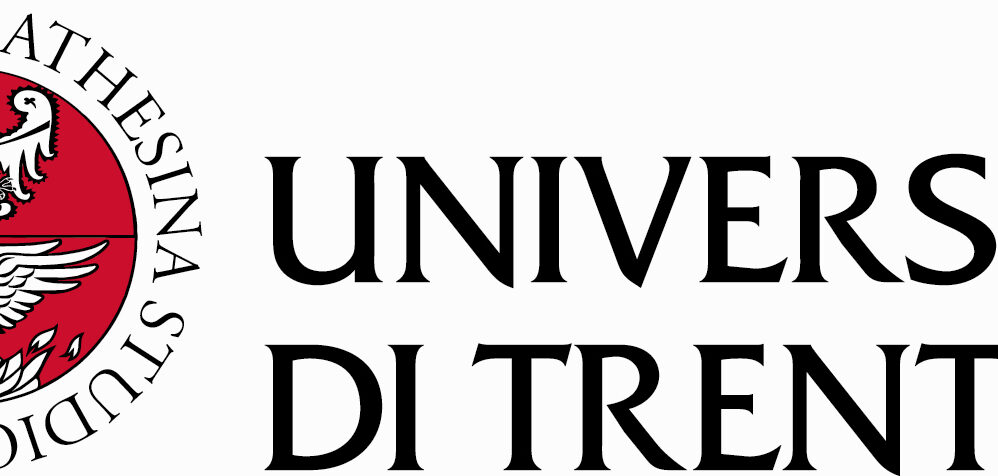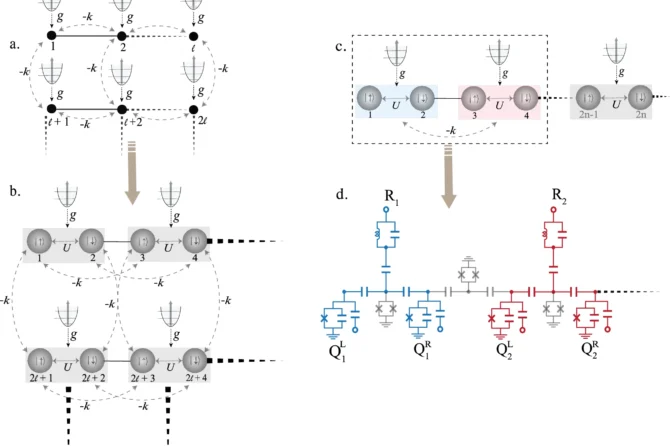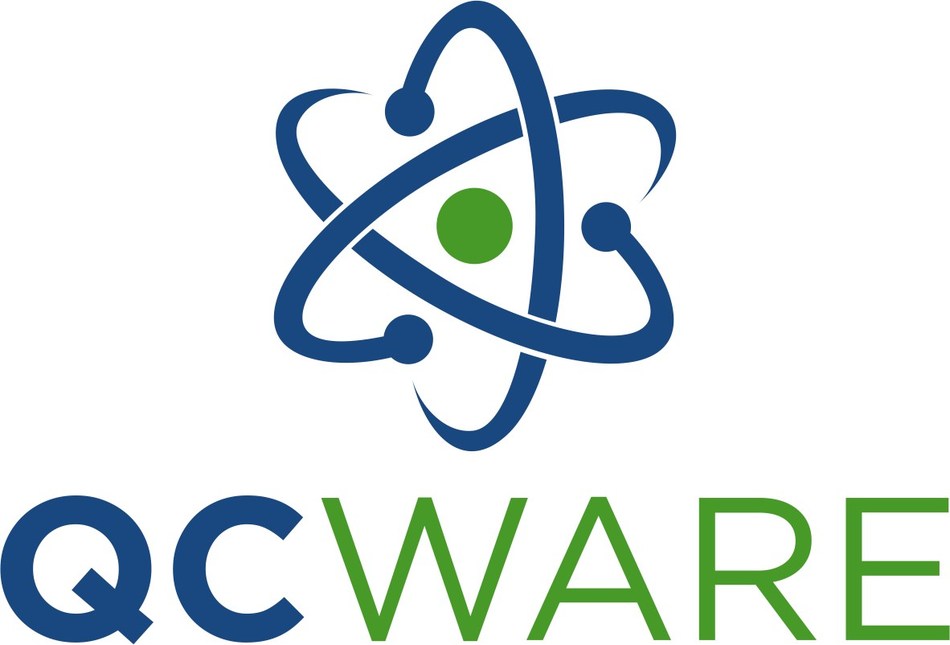An adiabatic quantum algorithm is essentially given by three elements: An initial Hamiltonian with known ground state, a problem Hamiltonian whose ground state corresponds to the solution of the given problem and an evolution schedule such that the adiabatic condition is satisfied. A correct choice of these elements is crucial for an efficient adiabatic quantum computation.
Researchers at University of Trento, Italy, propose a hybrid quantum-classical algorithm to solve optimization problems with an adiabatic machine assuming restrictions on the class of available problem Hamiltonians. The scheme is based on repeated calls to the quantum machine into a classical iterative structure.
In particular they present a technique to learn the encoding of a given optimization problem into a problem Hamiltonian and prove the convergence of the algorithm. Moreover the output of the proposed algorithm can be used to learn efficient adiabatic algorithms from examples.




